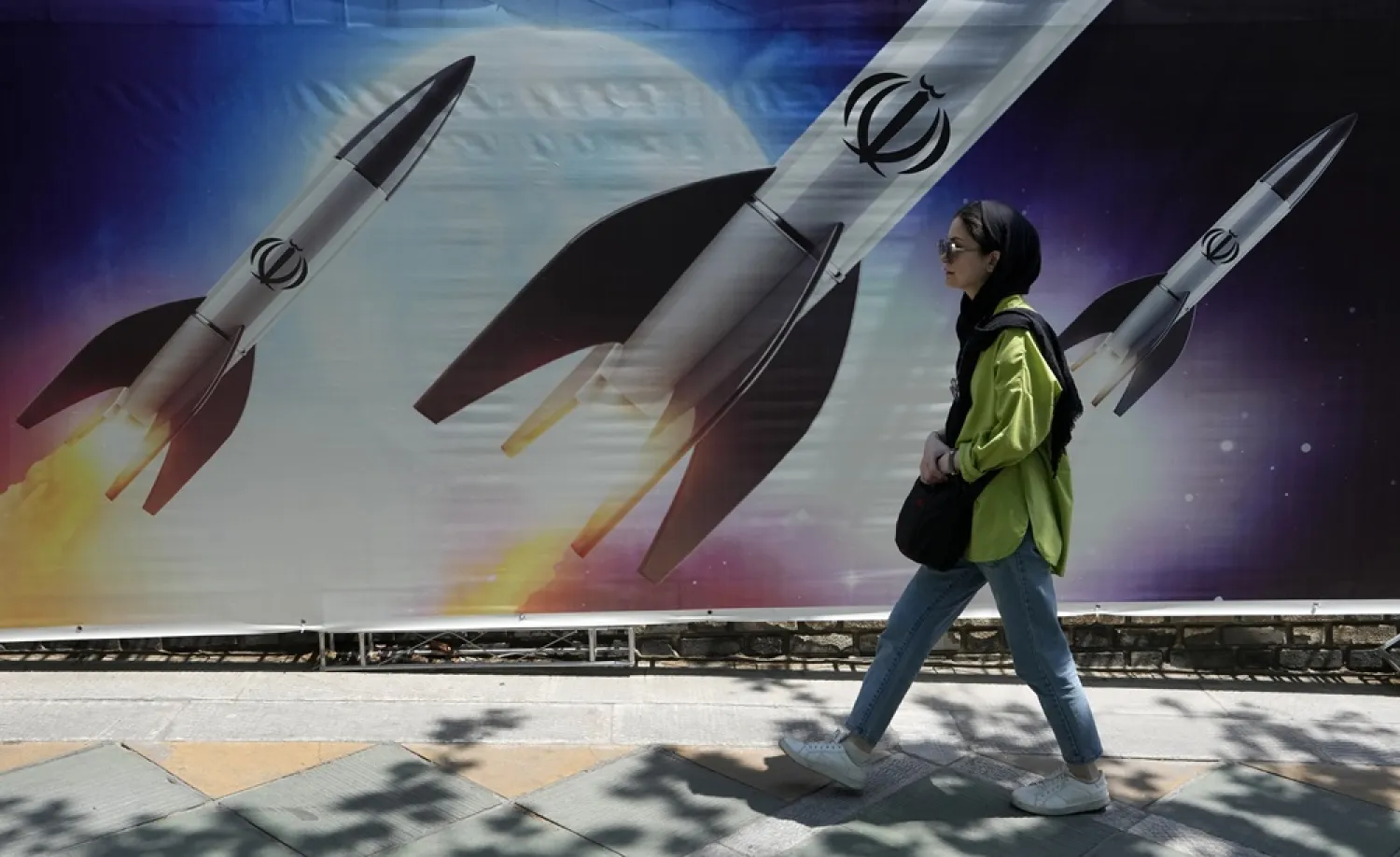Israel demonstrated its military dominance over adversary Iran in its apparent precision strikes that hit near military and nuclear targets deep in the heart of the country, meeting little significant challenge from Iran's defenses and providing the world with new insights into both militaries' capabilities.
The international community, Israel and Iran all signaled hopes that Friday's airstrikes would end what has been a dangerous 19-day run of strikes and counterstrikes, a highly public test between two deep rivals that had previously stopped short of most direct confrontation.
The move into open fighting began April 1 with the suspected Israeli killing of Iranian generals at an Iranian diplomatic compound in Syria. That prompted Iran's retaliatory barrage last weekend of more than 300 missiles and drones that the US, Israel and regional and international partners helped bat down without significant damage in Israel. And then came Friday's apparent Israeli strike.
As all sides took stock, regional security experts predicted that Prime Minister Benjamin Netanyahu’s far-right government and the country's allies would emerge encouraged by the Israeli military’s superior performance. In response to international appeals, however, both Israel and Iran had appeared to be holding back their full military force throughout the more than two weeks of hostilities, aiming to send messages rather than escalate to a full-scale war.
Crucially, experts also cautioned that Iran had not brought into the main battle its greatest military advantage over Israel — Hezbollah and other Iran-allied armed groups in the region. Hezbollah in particular is capable of straining Israel’s ability to defend itself, especially in any multifront conflict.
Overall, “the big-picture lesson to take away is that unless Iran does absolutely everything at its disposal all at once, it is just the David, and not the Goliath, in this equation,” said Charles Lister, a senior fellow and longtime regional researcher at the Washington-based Middle East Institute.
Aside from those Iranian proxy forces, “the Israelis have every single advantage on every single military level,” Lister said.
In Friday’s attack, Iranian state television said the country's air defense batteries fired in several provinces following reports of drones. Iranian army commander Gen. Abdolrahim Mousavi said crews targeted several flying objects.
Lister said it appeared to have been a single mission by a small number of Israeli aircraft. After crossing Syrian airspace, it appears they fired only two or three Blue Sparrow air-to-surface missiles into Iran, most likely from a standoff position in the airspace of Iran's neighbor Iraq, he said.
Iran said its air defenses fired at a major air base near Isfahan. Isfahan also is home to sites associated with Iran’s nuclear program, including its underground Natanz enrichment site, which has been repeatedly targeted by suspected Israeli sabotage attacks.
Israel has not taken responsibility for either the April 1 or Friday strikes.
The Jewish Institute for National Security of America, a Washington-based center that promotes Israeli-US security ties, quickly pointed out that Friday's small strike underscored that Israel could do much more damage “should it decide to launch a larger strike against Iran's nuclear facilities.”
Iran's barrage last weekend, by contrast, appears to have used up most of its 150 long-range ballistic missiles capable of reaching Israel, more than 1,000 miles (1,600 kilometers) away, said retired Gen. Frank McKenzie, former commander of the US military's Central Command.
Especially given the distance involved and how easy it is for the US and others to track missile deployments by overhead space sensors and regional radar, “it is hard for Iran to generate a bolt from the blue against Israel,” McKenzie said.
Israelis, for their part, have “shown that Israel can now hit Iran from its soil with missiles, maybe even drones,” said Alex Vatanka, director of the Iran program at the Middle East Institute.
Iran's performance Friday, meanwhile, may have raised doubts about its ability to defend against such an attack, Vatanka said. Iran is about 80 times the size of Israel and thus has much more territory to defend, he noted.
Plus, Israel demonstrated that it can rally support from powerful regional and international countries to defend against Iran. The US led in helping Israel knock down Iran's missile and drone attack on April 13.
But while the exchange of Israeli-Iran strikes revealed more about Iran's military abilities, Lebanon-based Hezbollah and other Iranian-allied armed groups in Iraq and Syria largely appeared to stay on the sidelines.
Hezbollah is one of the most powerful militias in the region, with tens of thousands of experienced fighters and a massive weapons arsenal.
After an intense war between Israel and Hezbollah in 2006 that killed more than a thousand Lebanese civilians and dozens of Israeli civilians, both sides have held back from escalating to another full-scale conflict. But Israel and Hezbollah still routinely fire across the Lebanese-Israeli border during the Israel-Hamas war in Gaza.
Hezbollah “is Iran's only remaining potential advantage in this whole broader equation,” Lister said.
Six months of fighting in Gaza have “completely stretched” Israel's military, he said. “If Hezbollah went all out and launched the vast majority of its rocket and missile arsenal at Israel, all at once, the Israelis would seriously struggle to deal with that.”
And in terms of ground forces, if Hezbollah suddenly opened a second front, the Israel Defense Forces “would be incapable at this point” of fighting full-on with both Hezbollah and Hamas, he said.
















